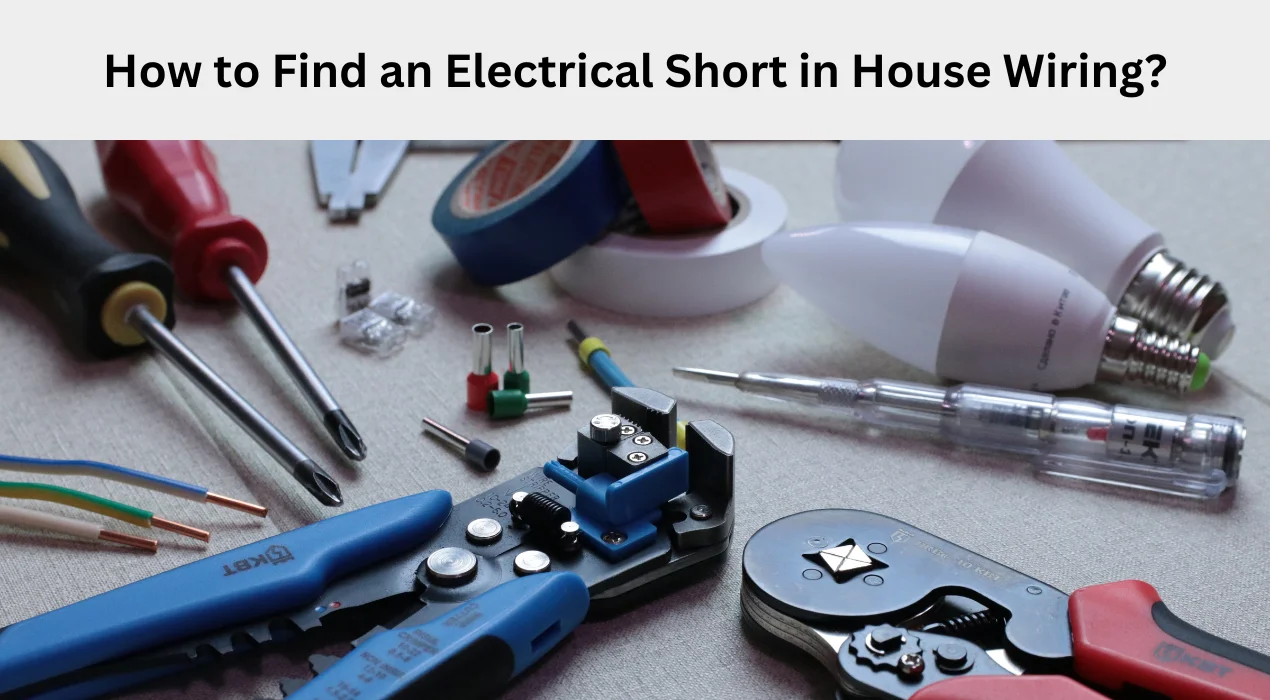Too Many Requests from Your Network
Please complete verification to access this content.
To find an electrical short in your house wiring, you can start by turning off the power and inspecting outlets, switches, and appliances for signs of damage. Using a circuit tester or multimeter can help pinpoint the location of the short. If you’re unable to identify the problem, it’s best to contact a licensed electrician. BuraqElectric provides expert electrician services in Norwich and can quickly locate and fix electrical shorts in your home.
Detailed Explanation:
An electrical short occurs when an unintended connection is made between a live wire (hot) and a neutral or ground wire, causing excessive current flow that can lead to tripped circuit breakers, blown fuses, or even fire hazards. Locating and fixing a short in your home’s electrical system is essential to prevent damage to your appliances and ensure the safety of your household.
Here’s how you can identify an electrical short in your house wiring:
1. Turn Off the Power
Before you begin searching for a short, always ensure that the power to the circuit is turned off. This is essential for your safety. Switch off the relevant circuit breaker in the electrical panel to avoid any electric shocks while inspecting the wiring.
2. Check for Tripped Circuit Breakers
If an electrical short occurs, it often trips the circuit breaker to prevent further damage. Check your electrical panel to see if any breakers are in the “off” position or if the switch has tripped. A tripped breaker could indicate an electrical short, but further inspection is needed to pinpoint the exact cause.
3. Inspect Outlets, Switches, and Appliances
Sometimes, shorts are caused by faulty outlets, switches, or appliances. Check all outlets and light switches on the affected circuit. Look for any signs of damage, such as burn marks, scorch marks, or a faint burning smell. If an appliance is plugged into the circuit, unplug it to see if the short persists.
If you suspect an appliance is causing the issue, try plugging it into a different circuit to see if the short happens again.
4. Use a Circuit Tester
A circuit tester can help you identify whether a short is present in a specific outlet or light fixture. Plug the tester into an outlet or light socket and observe the results. A circuit tester will alert you to any irregularities or problems in the wiring, indicating that a short may exist in that particular circuit.
5. Use a Multimeter
For a more precise diagnosis, a multimeter can be used to measure the electrical resistance of the circuit. Set the multimeter to the continuity or resistance setting, and check between the hot and neutral wires. If there is very little or no resistance (meaning continuity is detected), it suggests that there is a short somewhere in the circuit.
You can also check for a short by measuring the voltage across the hot and ground wires. If the voltage is very low or zero, it could indicate a short to ground.
6. Inspect the Wiring for Damage
If you are comfortable doing so, inspect the wiring along walls, ceilings, and floors to see if there are any visible signs of wear or damage, such as frayed wires or exposed copper. Shorts can occur when wires are pinched, cut, or improperly installed. If you find any damaged wires, they will need to be replaced or repaired.
7. Narrowing Down the Area
If you’ve checked all the obvious places and still haven’t found the short, you may need to systematically narrow down the area. Disconnect different parts of the circuit one at a time—such as removing outlets or switches—and check if the short disappears. This will help you identify the exact location of the fault.
8. Call a Professional Electrician
If you’ve tried all of the above steps and still cannot locate the short or feel uncomfortable working with the wiring, it’s time to call a professional. BuraqElectric provides expert electrician services in Norwich and can quickly diagnose and resolve electrical shorts in your home. With the right tools and experience, an electrician can safely identify the problem and fix it without causing further damage or risk to your home.
Conclusion
Finding an electrical short in your house wiring can be a challenging but important task. Whether it’s due to a damaged appliance, faulty wiring, or an overloaded circuit, electrical shorts can pose significant risks. By using tools like a circuit tester or multimeter and performing a thorough inspection of your outlets and wiring, you can often pinpoint the issue. However, if you are unsure or the problem persists, it’s always safest to call a licensed electrician. BuraqElectric offers reliable and professional electrician services in Norwich to safely find and fix any electrical shorts in your home.
